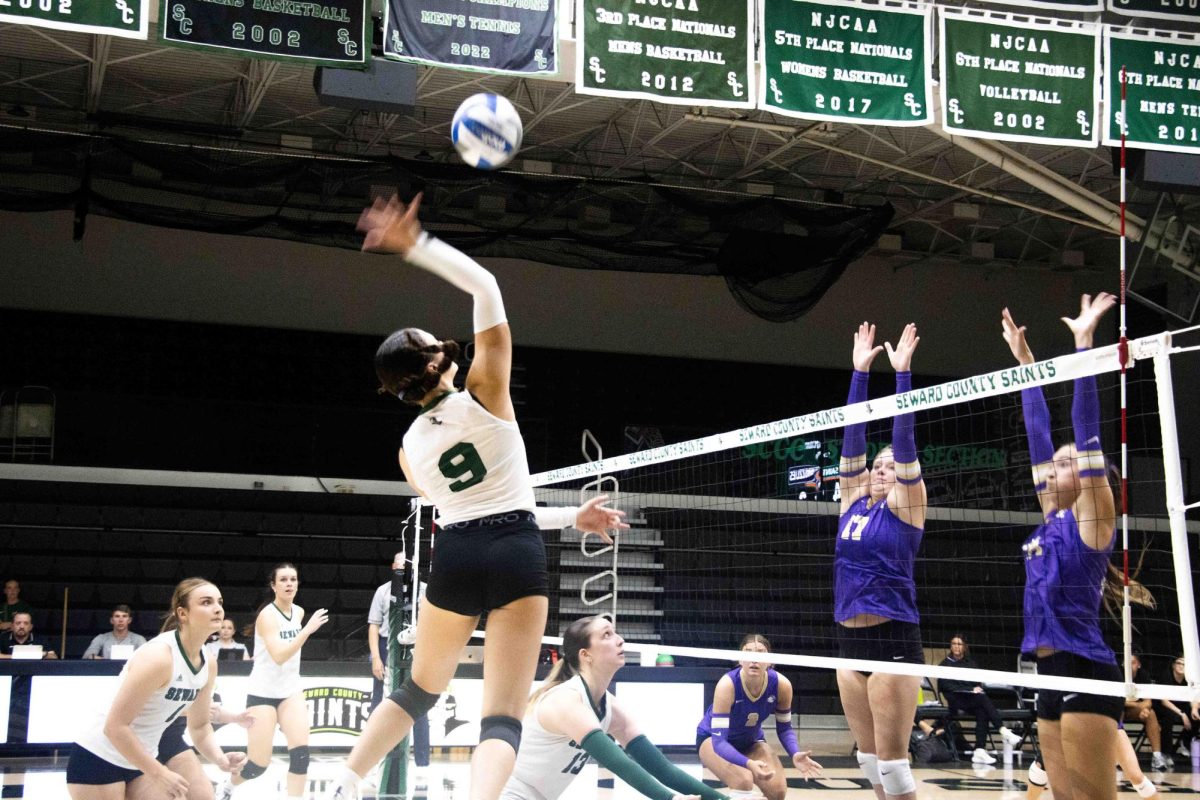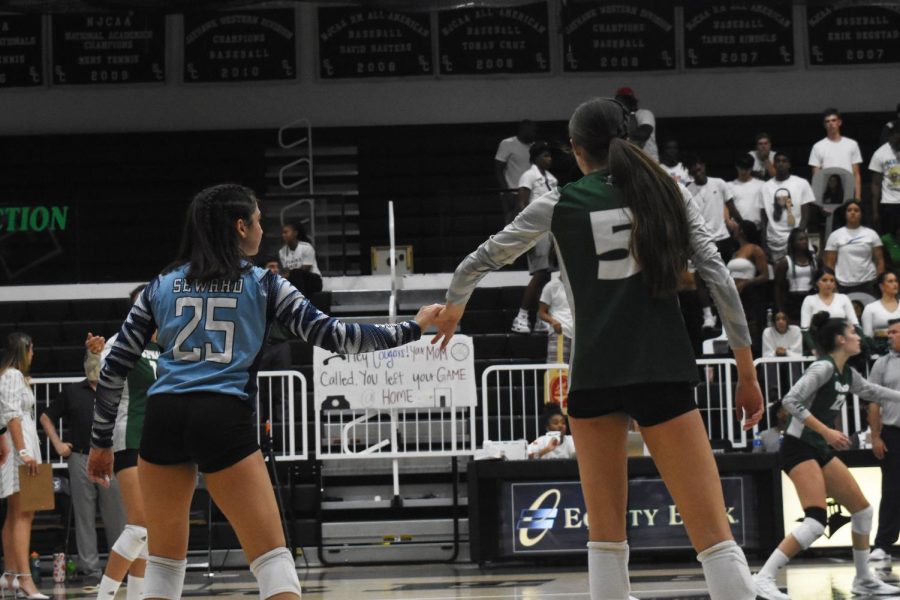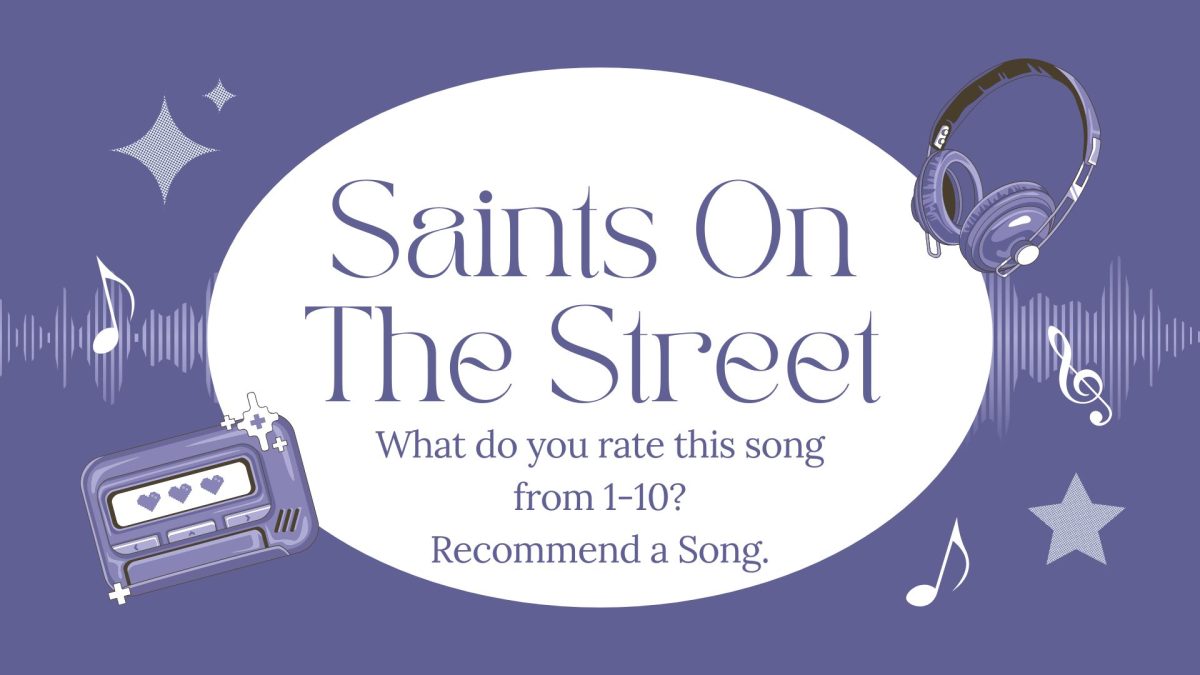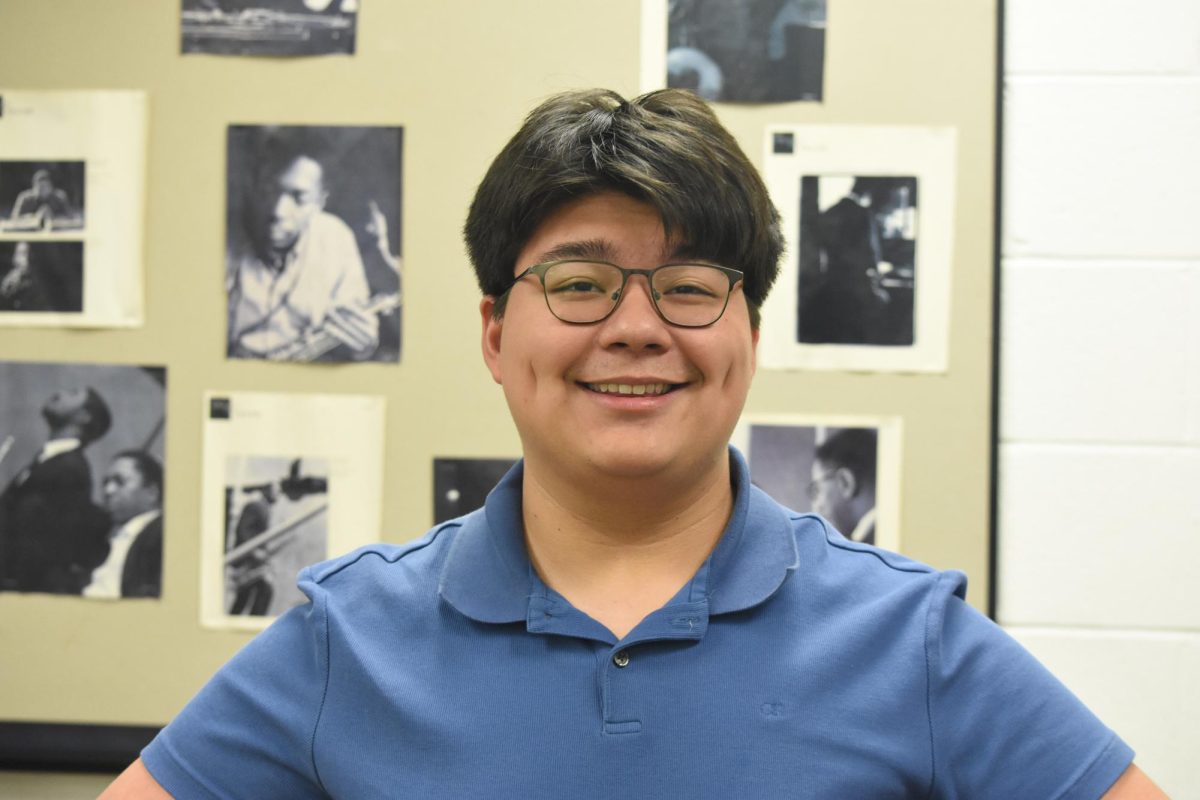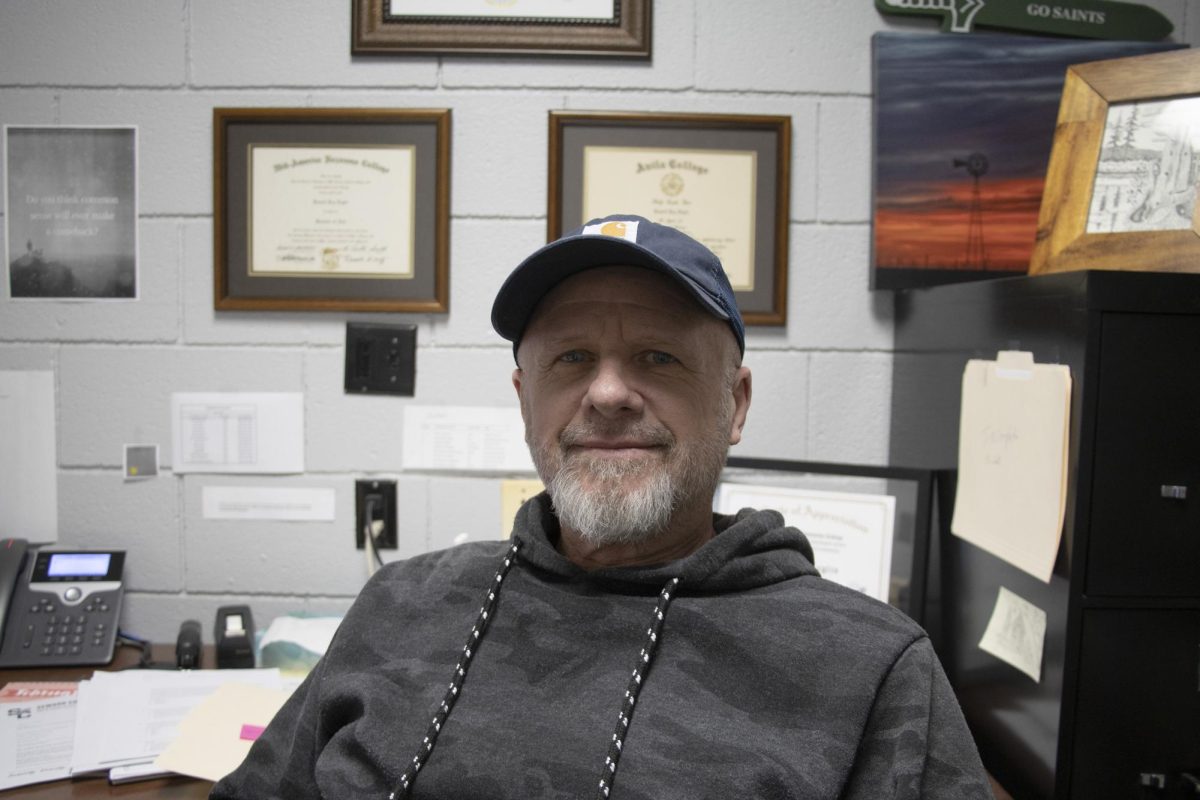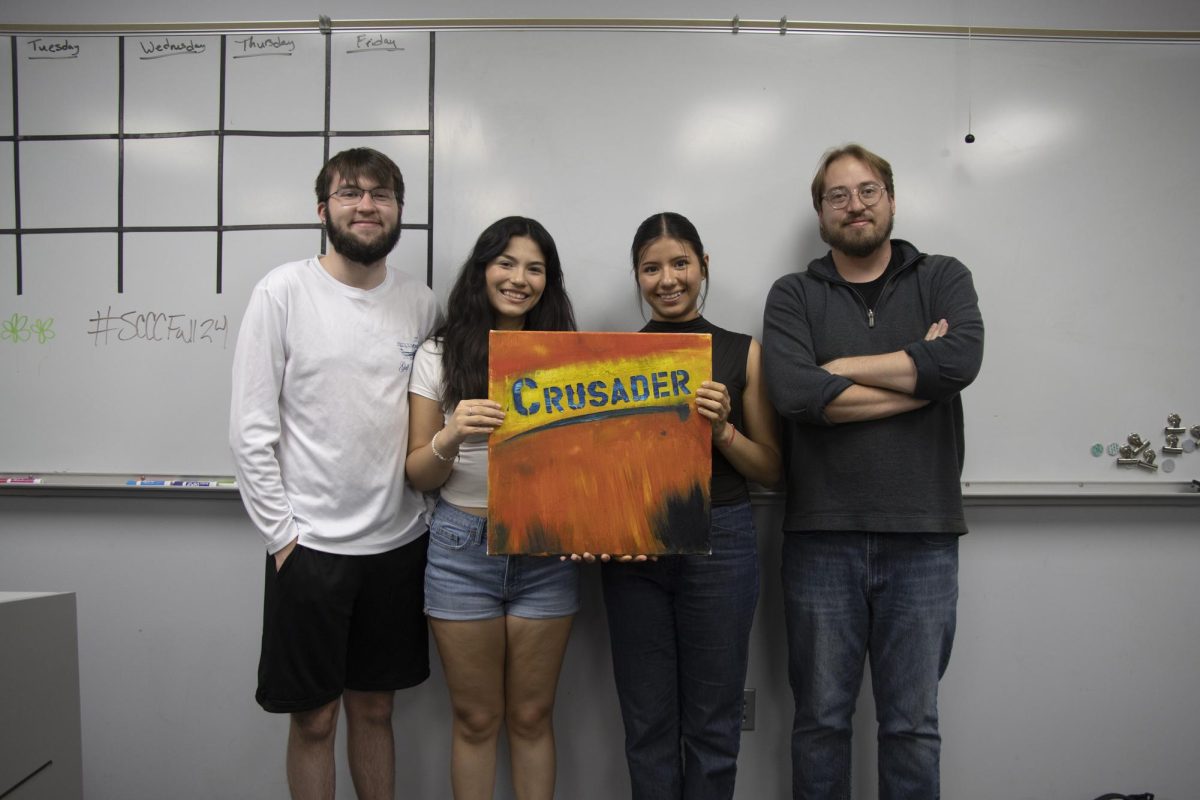Since last year, University of Kansas has launched a new Saints Anywhere online course through Seward County Community College on the U.S. intelligence community, designed to inform and inspire students about the opportunities available in this field. This course – listed as Introduction to the U.S. Intelligence Community – is part of a program initiated by the ICC CAE, in 2005 (Intelligence Community Centers for Academic Excellence). Through the course, it aims to diversify recruitment for intelligence agencies and attract individuals from various backgrounds.
The fully online course offers flexibility for students to learn at their own pace, and so far, according to Kevin Gleason, the course instructor and SCCC history teacher, “people that are taking it this semester seem to be enjoying it.”
The main goal is to broadly introduce students to the world of U.S. intelligence by explaining “what the intelligence community is, what the different agencies are, and how intelligence works.” Gleason emphasizes the importance of bringing in “normal people, who haven’t had all the breaks in life,” to the intelligence community to promote diversity that better reflects society.
One topic covered in the course is the difference between the FBI and CIA roles. Gleason explains, traditionally, “the CIA does everything outside the United States, while the FBI deals with domestic issues.” However, this line is becoming increasingly blurred, with the FBI taking on international responsibilities and the CIA handling domestic matters.
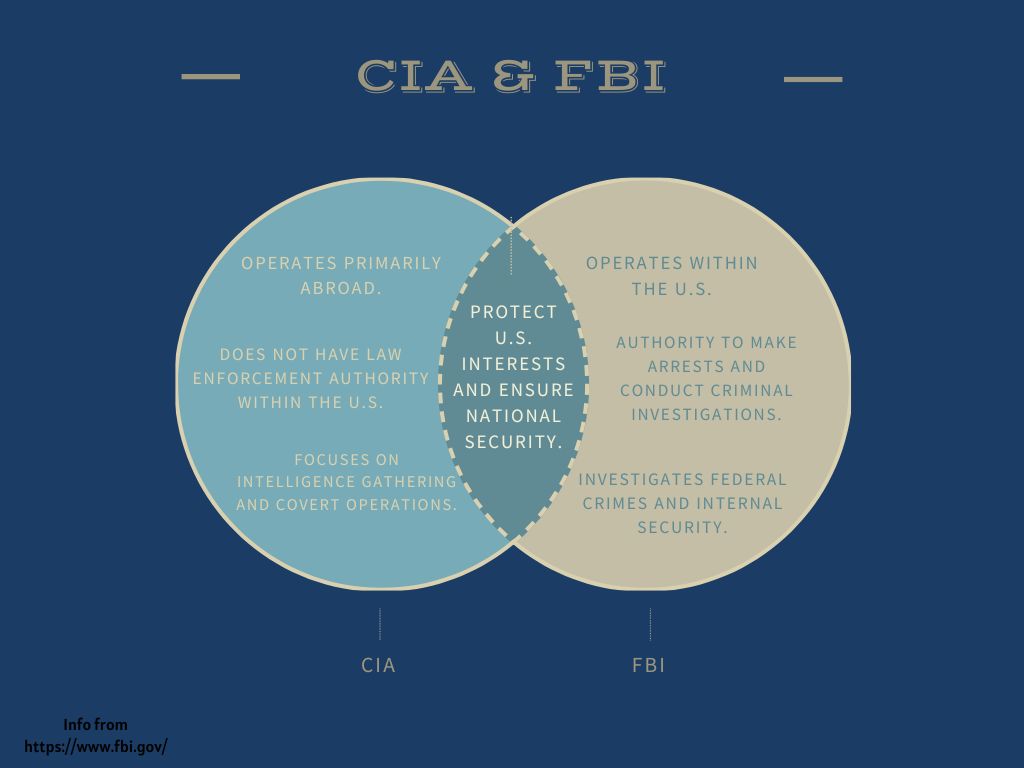
“…[The] CIA generally helps policymakers at the highest level make really big decisions, like, should we go to war?” Gleason said.
The course is not just an introduction to intelligence but also a platform for future professionals who want to make a difference in a field that requires ethics, dedication, and a commitment to the greater good, according to Gleason.
Some students shared their impressions of the course. One student pointed out the challenge in focusing on specific topics during discussions or learning about the different facets of intelligence work.
“[The Intelligence field] can be so broad at times that it can be difficult to pinpoint something to write and discuss about,” criminal justice major Cinthia Prieto said.
Another student appreciated the course structure, noting that it introduces the history and basics of the intelligence field.
“The course has broadened my interest in certain departments in the Intelligence field, and also solidified disinterest in others,” history major Faith Alvarado said. “But overall, it has given me more understanding into what some departments do, and that has increased my interest more.” Providing a better understanding of the roles and responsibilities within various departments.
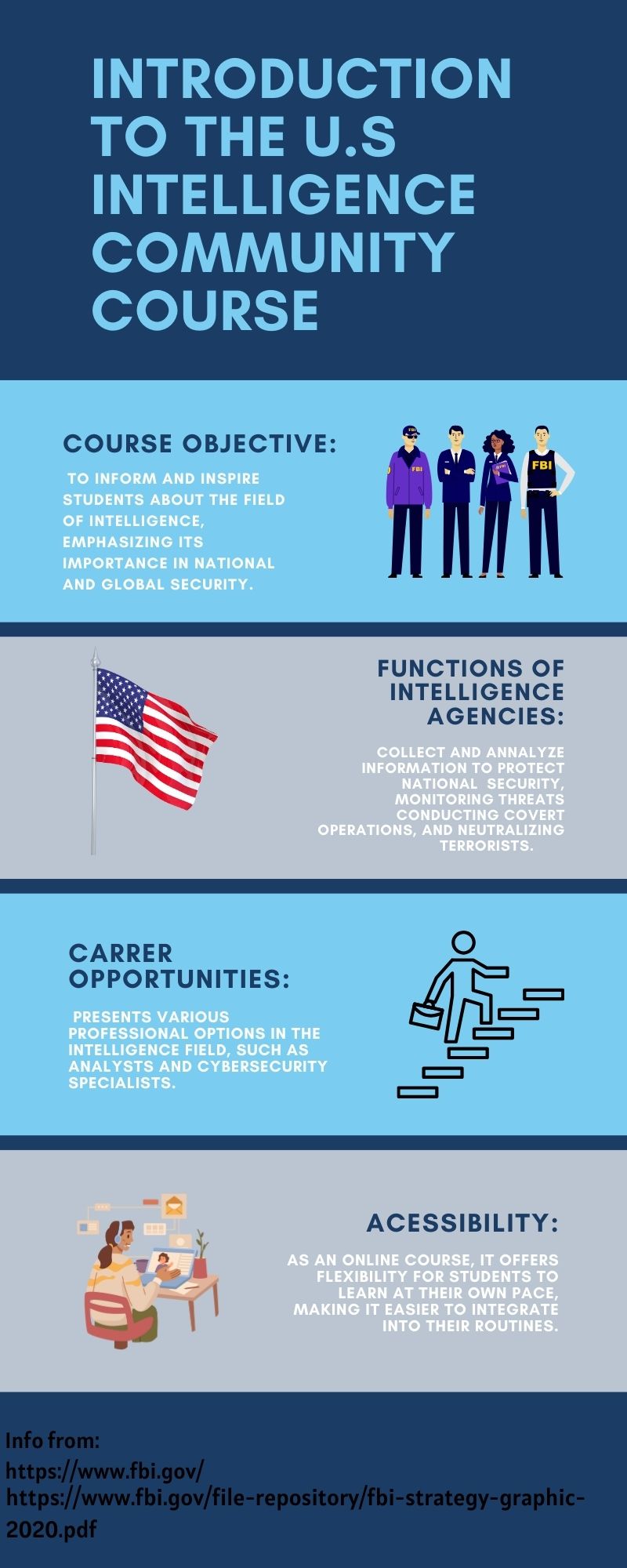
Both students highlighted the course’s relevance as a foundation for anyone interested in a career in Intelligence. Alvarado recommended the course for those looking to “familiarize [themselves] with Intelligence,” especially since it “showcases some basics regarding almost every office in Intelligence.”
Additionally, the lectures and discussions led by Professor Gleason received praise, with one student noting Gleason’s dedication to the material and students, remarking that his teaching style met their expectations.
“Gleason does well with his course material being informative in his lectures and providing interesting views with his discussion questions,” Alvarado said. “I’ve taken classes with Gleason as my professor before and he is very invested with his students and material so I would say he does well with meeting my expectations.”
Prieto mentioned that while many people are aware of prominent departments like the FBI and CIA, the course revealed “just how many options there are” within the intelligence community.
For those interested in exploring Intelligence careers, the course could be a steppingstone for future study. Gleason encourages all students interested in careers in U.S. intelligence to explore this new opportunity. Students who are interested in the class should enroll in Introduction to the U.S. Intelligence Community for the upcoming spring semester.
“If you find international affairs interesting, this could be interesting for you too,” Gleason said.














![The sophomores were recognized on the field instead of walking across the stage during their doubleheader. They received their diplomas and a picture of themselves playing during their career at Seward. [Pictured left to right are Dylan Day, Reed Thomas, Jase Schneider, Mason Martinez, Gannon Hardin, Brody Boisvert, and Zach Walker]](https://crusadernews.com/wp-content/uploads/2022/05/WEBDSC_0275-900x454.jpg)


















